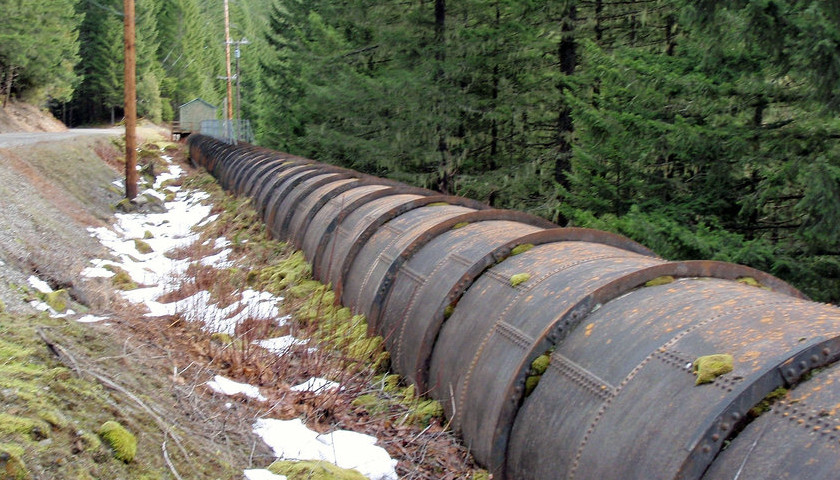by Scott McClallen
The U.S Army Corp of Engineers (ACE) on Monday issued Enbridge its final federal construction permit for its $2.6 billion Line 3 oil pipeline.
Calgary-based Enbridge could begin construction as early as next month, a project expected to create 4,200 construction jobs and inject millions of dollars into Northern Minnesota.
“This decision is based on balancing development with protecting the environment,” ACE Col. Karl Jansen, St. Paul District commander, said in a statement. “Our decision follows an exhaustive review of the application and the potential impacts associated with the construction of the pipeline within federally protected waters.”
Now, Enbridge must receive a stormwater construction permit from the Minnesota Pollution Control Agency to protect surface waters from runoff during construction and for approval from the independent Public Utilities Commission.
The commission has already approved the project several times.
“We have now received all federal permits required for replacing Line 3, an essential maintenance project that will better protect Minnesota communities and the environment,” Vice President of Line 3 Execution Leo Golden said in a statement.
“These permits reflect yet another science-based approval for the project, which now moves closer to the start of construction, hopefully before the end of the year. Final state permits and authorizations are still needed before work can begin.”
The Enbridge project would replace Line 3’s 337-mile long, 34-inch pipeline in Minnesota, which currently operates at 51% capacity due to corrosion, with a new 36-inch wide pipeline.
The replacement would boost average oil flow to 760,000 barrels per day.
Line 3 runs from Alberta, Canada, to Superior, Wisconsin.
Supporters say the project will create 8,600 jobs. Enbridge says it would pay around $65 million in Minnesota property taxes in the project’s first functional year.
Project critics argue the project crosses 700 acres of wetlands in Minnesota and heightens the risk for a possible oil spill, similar to the 2010 accident in the Kalamazoo River in Michigan.
“Today’s decision is a gift by [President Donald] Trump to the oil industry and a slap in the face to the rest of us,” Midwest Tar Sands Coordinator at MN350 Andy Pearson said in a statement.
– – –
Scott McClallen is a staff writer covering Michigan and Minnesota for The Center Square. A graduate of Hillsdale College, his work has appeared on Forbes.com and FEE.org. Previously, he worked as a financial analyst at Pepsi.




